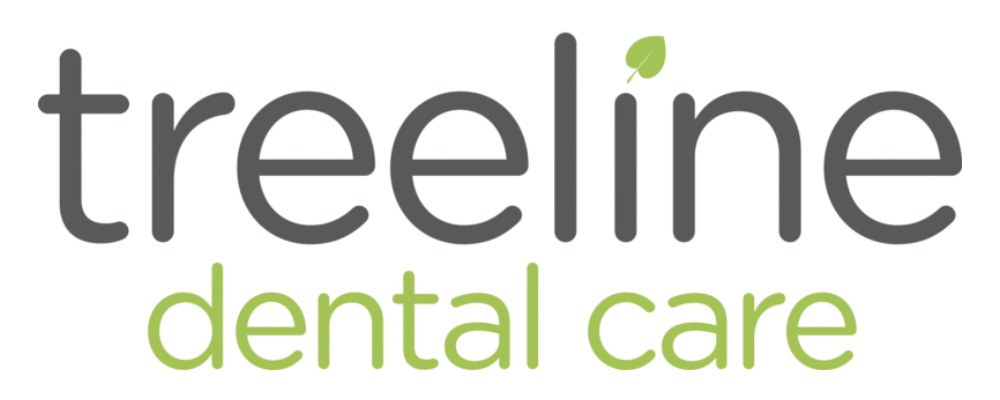While drinking alcohol in moderation likely won’t have a big negative effect on your teeth, it is important to know the risks associated with it. Individuals who suffer from alcohol abuse have higher plaque levels and an increased risk of gum disease, tooth decay, tooth loss, and mouth sores. Also, alcohol abuse can increase your chances of developing oral cancer.
By having a ‘Dry January’ you will be saving your mouth from the excess sugar in alcohol. Bacteria in your mouth feeds off sugar and this creates acids that eat away at your teeth. Alcohol also drys out your mouth. This increases your chances of tooth decay and gum disease, and can also play a big role in bad breath. Also, certain alcoholic beverages like sangria and wine can cause deep and long-lasting discolouration and teeth staining.
As well as helping our mouth health Dry January also helps us learn the skills we need to manage our drinking. That means that for the rest of the year we are better able to make decisions about alcohol consumption, so we can avoid slipping into drinking more than we really want to.
That’s extra good news, because alcohol is linked with more than 60 health conditions, including liver disease, high blood pressure, depression and seven types of cancer. In fact, alcohol is the biggest risk factor for death, ill-health and disability for people aged 15-49 in the UK. Reducing alcohol consumption in the long run reduces the risk of developing such conditions.
